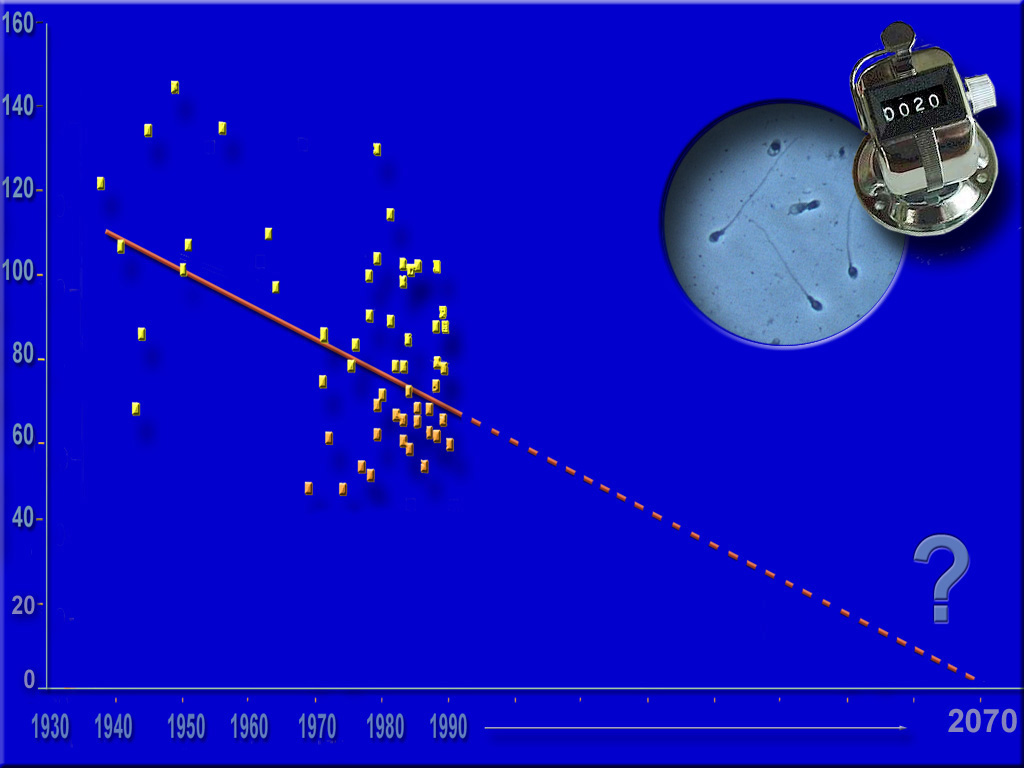Mercia Blackcat
Striker
Better plan relocating from London, the SE, East Anglia and west Lancashire, just for starters.Sea level will rise people will starve and the population will come down
But how long a timespan do you place on this reduction in population?
Another point conveniently ignored by many is the effect of global dimming caused by visible pollutants. After 9/11 all airplanes were grounded over the USA and the opportunity was taken to measure the average temperature while that form of pollution was removed. It was found the entire temperature range rose by 2 degrees. This indicated visible pollution was encouraging cloud cover that had a temporary dimming effect of 2 degrees. If we took away this visible pollution from the entire planet we may find we are a further 2 degrees higher than we currently think and that would take us dangerously close to that upper 4 degree limit.
If this sudden change in consumption resulted in a corresponding decrease in visible pollution we will be in more trouble than we realise.



